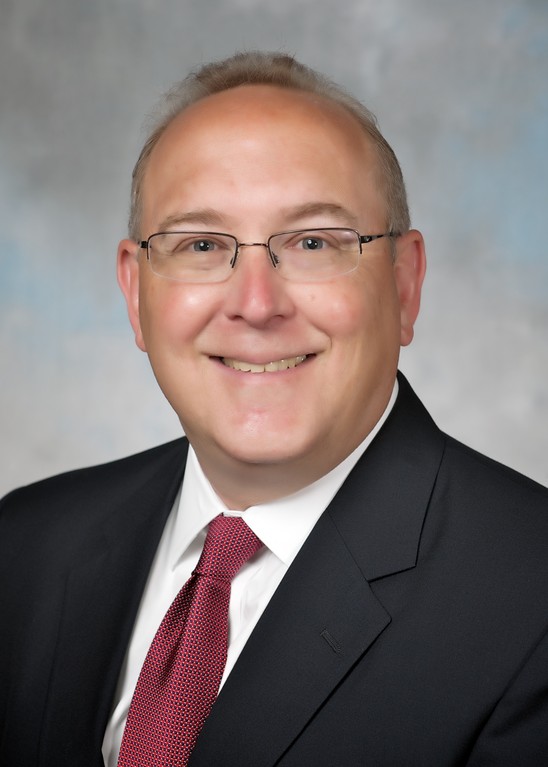
As vice president and portfolio manager, Gary Friedmann is responsible for setting investment policy, managing client portfolios and performing securities research. Gary recently joined Rockland Trust Investment Management Group, bringing more than 25 years of investment management experience to his position, having served as the director of investments at Washington Trust Investors, where he was responsible for the management of investment portfolios for high net worth individuals and charitable fund accounts. Prior to joining Washington Trust, he was a vice president and portfolio manager at Fleet Investment Advisors in Providence.
PBN: Are there any investments opportunities that are “red hot” right now?
FRIEDMANN: What we’ve seen at Rockland Trust is that any income-oriented investment seems to be “red hot” now, while anything stock-related is cool to the touch. If you look at mutual fund flows from the beginning of 2007, more than $1 trillion has flowed into fixed-income mutual funds while $345 billion has flowed out of equity funds. All of this is happening with the 10-year U.S Treasury note trading at levels not seen in more than 50 years. Many investors continue to seek the perceived safety of fixed-income investments and are still hesitant to get back into the equity markets.
PBN: Do you consider stocks to be fluctuating, and if so, why or why not?
FRIEDMANN: The stock market continues to be very news driven in the short-term as investors have many places, some better than others, to obtain information. With mixed news out of Europe, a struggling economy domestically and third quarter earnings season about to kick off, the stock market should remain volatile in the short-term. The S&P 500 is up 9.49 percent for the first six months of this year, so it is important to remember that volatility is a variation in prices both up and down.
PBN: The market and banks have made a comeback in the last four years. Is this sustainable?
FRIEDMANN: Since the market lows of March of 2009, the S&P 500 Index has increased more than 115 percent, while the S&P Financial Sector has increased almost 150 percent. However, the S&P 500 Index is still 3 percent below its October 2007 high, while the S&P Financial Sector is still 55 percent below its peak. Although S&P 500 earnings growth is slowing, due to tougher year over year comparisons, the market is still trading at an attractive 12-times forward P/E multiple versus a fifteen year average multiple of almost 17 times.
PBN: How has your philosophy of investing changed in the last few years?
FRIEDMANN: I have a better appreciation for diversification after experiencing two significant bear markets within a 10-year period. While it is important to emphasize performance, understanding the risk taken to achieve one’s objective is equally significant. We are in the asset protection and growth business, not the market prediction business. Our approach is client-centric versus market centric and we will not allow speculation to drive our clients’ asset allocation mix.
PBN: Are these patterns cyclical or random?
FRIEDMANN: If the markets are efficient, and all information is priced into securities, then volatility should be completely random. However, the market does have a propensity to move in cycles, both in the short (cyclical) and long (secular) term, with asset class returns eventually reverting to their mean. This is why we believe exposure to many asset classes, with a disciplined rebalancing approach, delivers the best return for a given level of risk.











